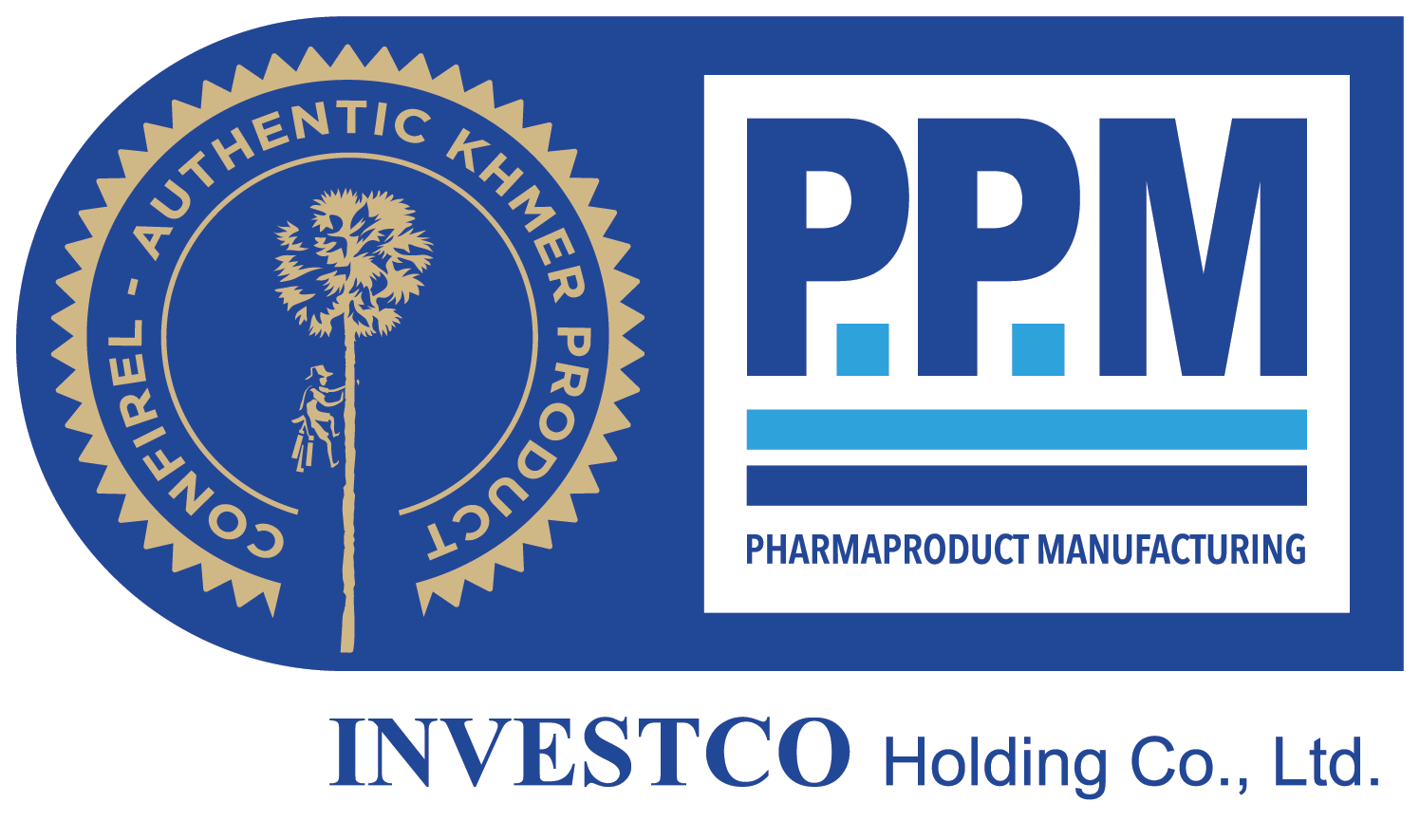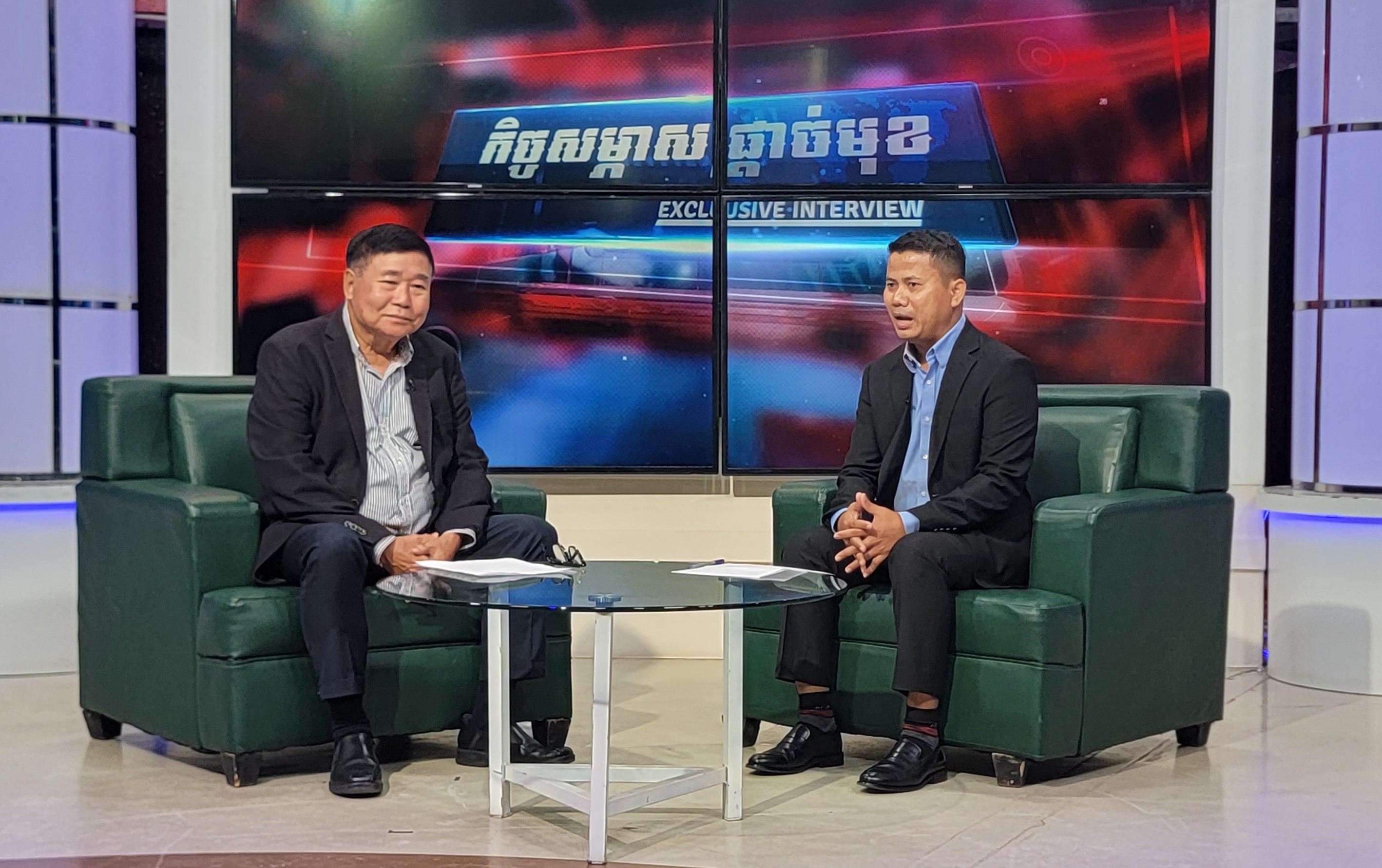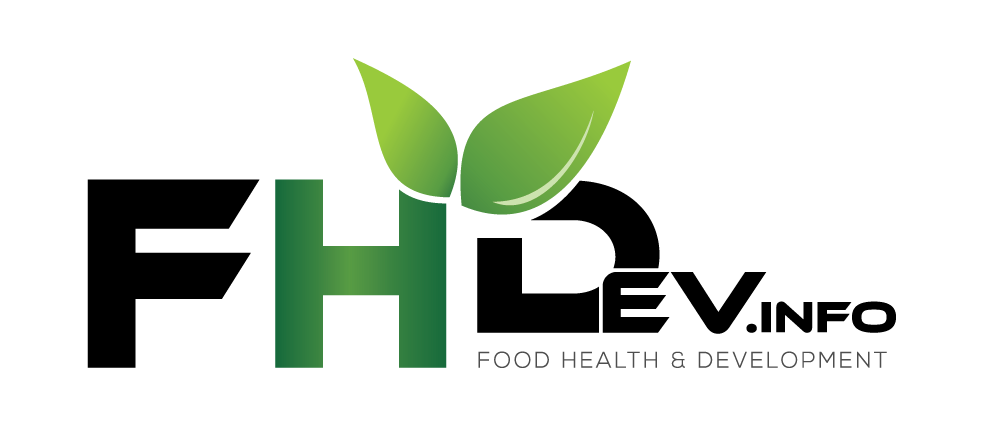


Supporting Cambodian Products Must Become a Habit, Not an Exception
Publish date: 10 September 2025 / Agriculture / Author : ATH Sokren
In an interview given to CNC in Phnom Penh, Dr. Hay Ly Eang, founder and CEO of the PPM-Confirel Group, reflecting on the lessons from the border conflict between Cambodia and Thailand, once again reaffirmed his commitment to Cambodia’s food independence and called for a national mobilization around local production.
The border conflict, provoked by the incursion of Thai troops onto Cambodian territory, awakened the national spirit and led a significant portion of the population to boycott Thai products. This patriotic surge, according to Dr. Hay, should not be a fleeting reaction, but rather an opportunity to strengthen Cambodia’s national production capacity. He expressed regret over Cambodia’s historical dependence on imported goods—a direct consequence of the destruction of industrial and human assets by the Khmer Rouge and decades of economic sanctions.
Faced with the dominance of foreign products in the Cambodian market, he insisted: “It is not only a matter of lost money, but also a matter of national dignity.” Therefore, food independence is seen as the guarantor not only of economic security, but also of respect for Cambodian sovereignty.
In the interview, Dr. Hay called for lasting awareness, inviting authorities, entrepreneurs, and citizens to unite their efforts to revive national manufacturing. He stressed that local production still remains artisanal, often far from reaching the critical scale needed to compete with imports, and that most large companies are under foreign capital and technology. This is a wake-up call: “We must organize production, mobilize skills, and develop a genuine policy for authentic and recognized Khmer products.”
Some flagship items developed by Confirel, such as palm sugar and prahok, are achieving success internationally. But Dr. Hay reminds that without national coordination and a renewed trust in Cambodia’s ability to produce “everything we need,” any boycott will be short-lived and the country will remain dependent on its neighbors.
For Dr. Hay, the main obstacle is not material or financial; it is human and moral above all. Cambodia suffers from a lack of qualified personnel and a “lack of national spirit.” He laments increasing individualism and a deficit of values and morality, emphasizing that “without national spirit, one does not know how to defend the nation.”
He advocated for education to build confidence in local products and for unity—private sector, public sector, and citizens—to build a resilient economy based on quality and national pride.
The experience of PPM and Confirel, pioneers in their sectors, proves that revitalization is possible. Despite difficult beginnings, these companies have succeeded in exporting to many countries, highlighting the potential of Cambodia's agri-food and pharmaceutical sectors.
For Dr. Hay, it is vital that this patriotic awakening must not be “a flash in the pan,” but the foundation of a long-term strategy to make Cambodia a recognized and respected player, regionally and internationally. The lesson from the conflict with Thailand is clear: food independence is everyone’s business, and supporting Cambodian products must become the habit, not the exception.




